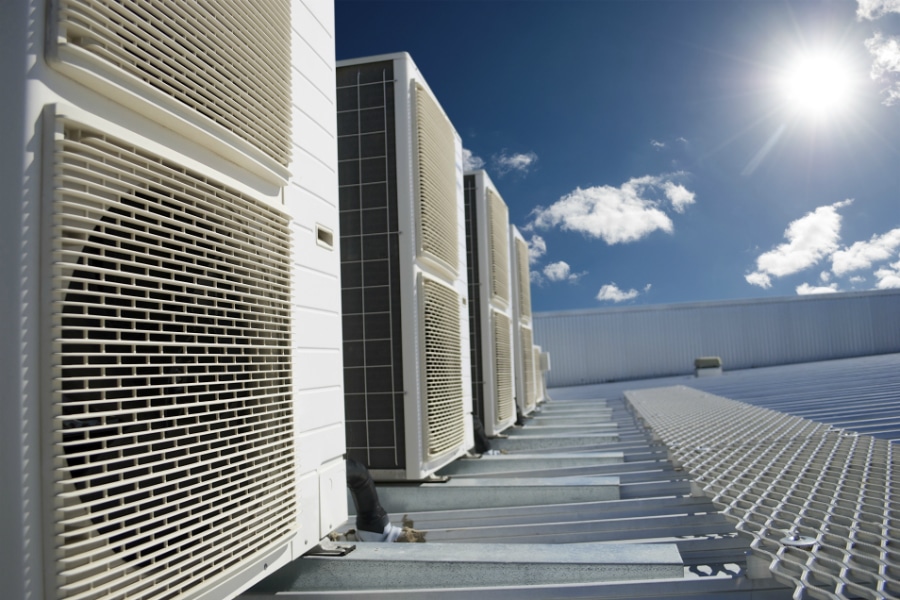Heating systems are crucial in condo living, impacting daily comfort and monthly expenses. When shopping for a condo, most buyers focus on location and aesthetics, often glossing over technical details in a Penrith Brochure that could reveal important information about the building’s heating infrastructure. Yet the type of heating system in your condo dramatically shapes your living experience and budget, especially during colder months when these systems run constantly.
Hidden cost drivers
Heating expenses can vary dramatically between condos with different systems. Forced-air natural gas systems typically offer the lowest operating costs in most regions, while electric resistance heating often leads to substantially higher bills. Heat pumps occupy a middle ground, providing reasonable efficiency in moderate climates but struggling in extreme cold without costly backup systems. Maintenance requirements also differ significantly – older steam radiator systems might need professional service visits several times yearly, while modern heat pumps may require only annual check-ups. These ongoing costs rarely appear in purchase discussions but impact your budget month after month.
Comfort differences
Not all heating systems deliver the same comfort level, even when maintaining identical temperatures. Radiant floor heating provides even warmth that many residents prefer, eliminating cold spots and operating silently. In contrast, forced-air systems can create temperature fluctuations, blowing hot air intermittently and potentially circulating dust or allergens. Hydronic systems using hot water radiators offer steady, comfortable heat but may limit furniture placement options and respond slowly to thermostat adjustments. Steam heat systems, common in older buildings, provide intense warmth but often produce clanking pipes and uneven distribution, with units farther from boilers receiving less heat.
Control factors
- Programmable thermostats with smartphone integration
- Zoned heating capabilities for room-by-room customisation
- Smart sensors that adjust based on occupancy
- Individual unit control versus building-wide systems
- Override options for central systems
Modern heating systems offer unprecedented control options, letting residents customise comfort while maximising efficiency. Buildings with older central systems often lack these features, leaving residents with limited environmental control. Some newer condo developments feature hybrid approaches, combining central high-efficiency boilers with individual unit controls. The heating control level directly impacts daily comfort and energy costs, making it an important consideration when evaluating different properties.
Noise considerations
Heating system noise can significantly affect living quality, especially in smaller condo spaces. Heat pumps and mini-split systems typically operate with minimal sound, creating a peaceful environment. Traditional forced-air systems produce a noticeable whoosh when activating, which some find disruptive during sleep or quiet activities. Steam radiators often create distinctive clanking and hissing sounds as they heat up and cool down. This noise factor rarely appears in property listings but can become a daily irritation, particularly in bedrooms or home offices where quiet is valued.
When evaluating potential condo purchases, ask detailed questions about the heating system beyond basic descriptions. Request utility cost histories from current owners or the HOA to understand real-world expenses. Consider seasonal comfort issues, especially if you’re sensitive to temperature fluctuations or air quality. If possible, test the system during property viewings, listening for noise and checking for even heat distribution. Pay attention to thermostat locations and control options, as these affect how accurately you can manage your environment. With heating systems operating for months each year, choosing a condo with the right system makes a substantial difference in comfort and financial planning.

